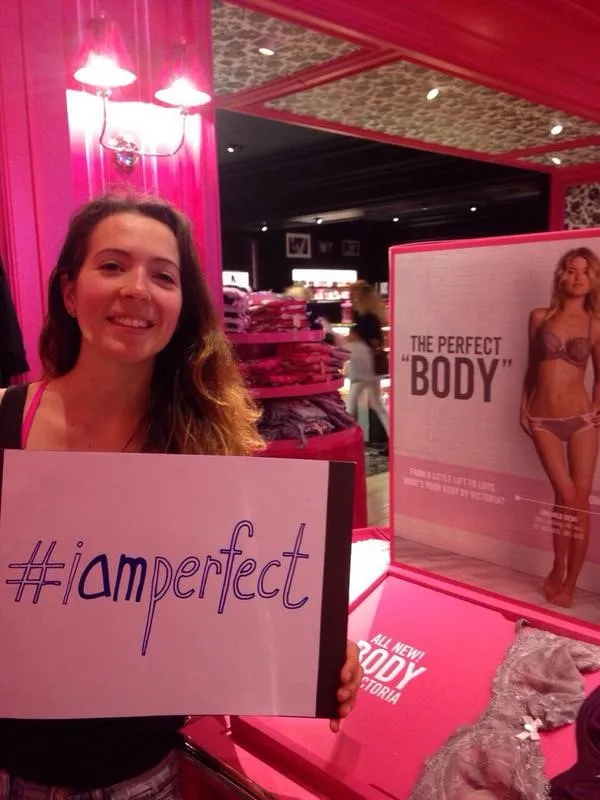Strategy 101: Backlash over The Perfect “Body” by Victoria’s Secret
Victoria’s Secret is America’s largest retailer of women’s underwear, known for its lacey lingerie, floral negligee patterns and PINK brand. Even though Victoria’s Secret continues to dominate the market, it has earned a reputation for less-than-perfect marketing tactics toward women.
In October 2014, Victoria’s Secret launched a campaign for their new bra line called BODY. Equipped with the tagline, “The Perfect “BODY””, advertisements displayed visibly Photoshopped, undeviating images of models promoting a conventional and unrealistic appearance of perfection.
The Perfect “Body” Is not One Size Fits All
The marketing strategy received a frosty welcome from people who believe the perfect body comes in all shapes and sizes. The advertisement sparked a group of U.K. women to wage their own campaign against the underwear giant, creating an online petition on Change.org. The petition called for the brand to “apologize and take responsibility for the unhealthy and damaging message that their ‘Perfect Body’ campaign sends about women’s bodies and how they should be judged.” The petition, which garnered more than 33,000 signatures, also demanded that Victoria’s Secret change the wording of their advertisement, deeming it “harmful marketing.”
One of the petition’s authors, Frances Black, took to social media to call out the retailer, tweeting a photo of herself in front of the Victoria’s Secret ad clutching a handmade sign with the hashtag #iamperfect. Twitter users were encouraged to create their own #iamperfect tweets to send to Victoria’s Secret via Twitter.

Competitors Redefine the Perfect Body Shape
In contrast to the Victoria’s Secret ad, Dear Kate, another women’s underwear company, gained media attention by replicating the photo using non-models clad in their underwear.
Victoria’s Secret did not issue an apology or statement regarding their campaign’s criticism, but they did remove the advertisement with the offending slogan, replacing it with the tagline, “A Body for Every Body,” on their in-store and online ads.
Victoria’s Secret experienced firsthand that consumers want brands that display authentic and transparent practices. Honest communication between companies and consumers can foster a positive relationship and drive brand loyalty. Brands such as Dove and Aerie have listened to their audiences, and revamped their marketing strategies to produce ads without retouching that feature real women instead of celebrities or models. By demonstrating these brands’ values to consumers, they’ve managed to reinvigorate brand curiosity in their favor.
Marketing Misfires Can Go Viral
If marketing strategies receive frosty criticism from the public, brands can count on their misfire spreading like wildfire. People will watch the story reported on the news. Radio broadcasters will discuss the incident during the morning commute. Social media outlets will light up like a Christmas tree generating hashtags. And people will troll the company’s social media pages, heckling the brand through public posts.
Companies need to listen to their audiences and embrace their opinions with solid marketing strategies, like Dove and Aeire. When marketing strategies align with consumers’ values, companies find success not only with their sales, but also with brand loyalty.
Photo Sources:
- Photo 1: Stockmonkeys.com
- Photo 2: @FrancisNoir Twitter